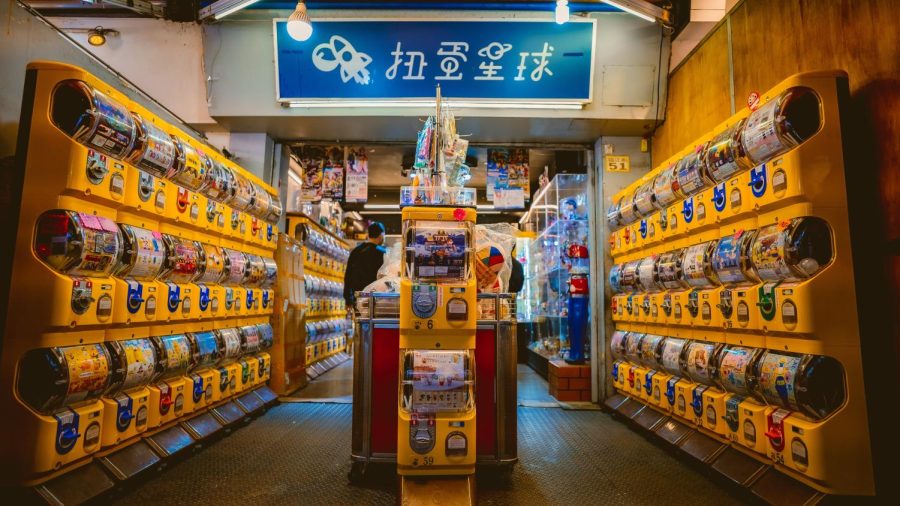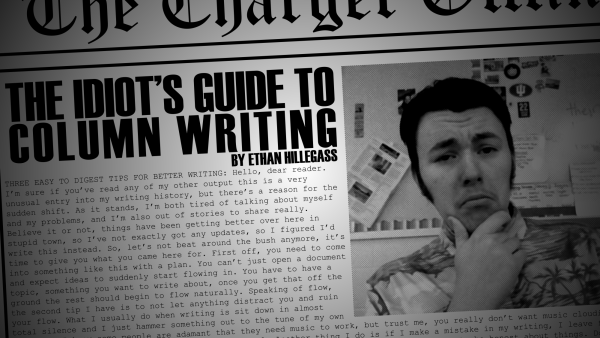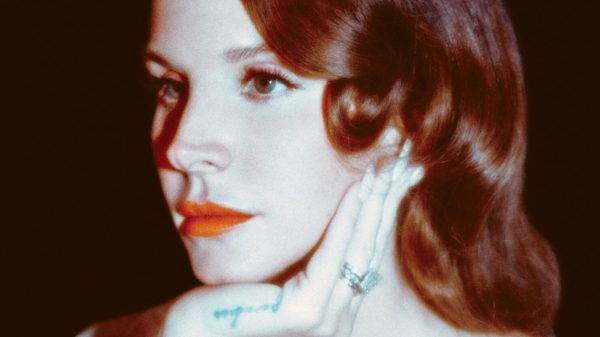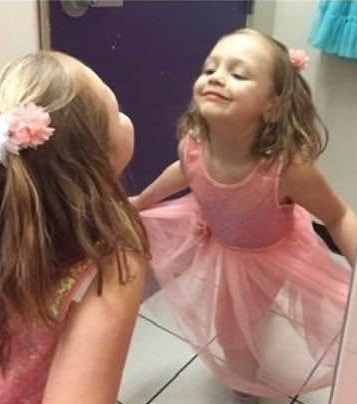Gacha games provide bonus for a price
Gacha games are built on gambling.
For the uninitiated, gacha games are games where one uses in-game currency to get random items—there’s high money and low success. The “random items” in this case are usually cute anime characters who make your levels higher. In-game currency can be bought using real life money. Of course, you can grind to get that in-game currency, but it’s easier to buy it.
Essentially, they’re games centered on loot boxes, but packaged and presented differently.
Gacha games are technically free to play. You can play as much as you want and not have to spend a dime. But when your favorite character gets on a banner—and ooh, look at that, it’s there for a limited time and has cool features and you don’t know if it’ll ever come back—it’s easy to drop a few bucks.
Senior Hudson Zahm has spent $45 on a gacha game called Cookie Run Kingdom.
“It was Christmas money and it guaranteed I would get the character I wanted, Pure Vanilla Cookie,” said Zahm. “The fact I spent money meant it made the character a little better when I finally got to use him.”
It goes to show that spending money on gacha isn’t inherently bad. However, that doesn’t mean that doing so is a normal occurrence for her.
“I let my luck take me as far as I can unless I end up with a gift card in my hands and have nothing else to spend on,” said Zahm.
Some spend exorbitant amounts of money to try and get the character they want purely out of desperation. Most people aren’t like this, though, remaining critical of the gacha mechanic and making sure to keep their bank account from going into the negatives.
“If you do spend any money on these types of games, do it in moderation, because if not, you are playing into what the company wants you to do,” said Zahm.
And with the focus on profit, one has to wonder about the quality of the stories and characters within these games. Are they compelling at all, or do they end up being shallow?
“By making limited characters that have a good design or are powerful, people feel the incentive to get them, which in turn makes some spend money, and lets the company know that this certain character is good,” said Zahm. “I feel like a profit focus can make the game better for everyone. It only gets bad when a company rules out luck as a factor and solely focuses on profit.”
It makes sense—people won’t want to spend money if the characters aren’t written or designed well, after all. In some ways, characters must be good for the sake of being advertisable, too, whether it’s through a good character design or good story arc.
However, junior Maddox Noye disagrees.
“My opinion of gacha games overall is negative due to the fact that they are the end result of microtransactions, and exist solely as an instrument to maximize profit,” said Noye. “Yes, there is some artistic merit in some games, but the pursuit of profit inherently reduces the potential of art, and stunts the development of games as an art form.”
Like any other art, sometimes the focus on monetization can seep into the game itself, whether through the writing or the advertising. While the stories and characters in gacha games may be good, they might not be the best they can be.
“This isn’t to say that monetization of art is immoral, but we as a culture have forsaken creation for its own sake,” said Noye.
The greatest games are often the kind where self-indulgence is evident, and with how gacha games in particular are built, self-indulgence has to be sacrificed for the sake of profit.
“Simply creating things brings people joy when they are creating what they want to, and the moment you factor profit into it, they must change their product to maximize income and the joy is sucked out of it,” said Noye.
Nevertheless, gacha games have cemented themselves as relatively popular, garnering passionate fan bases. Whether you like it or not, gacha is here to stay.
In the wise words of junior Logan Fergusson, though, “I’d rather pay for a cat boy than a Tracer skin.”
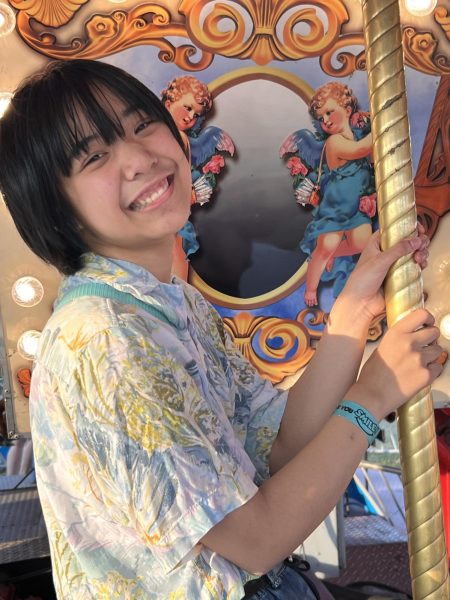
R.K.O. Pablo is a senior, and it's their second year on the newspaper. They've been drawing for years, and they create the graphics for the Charger Online's...

